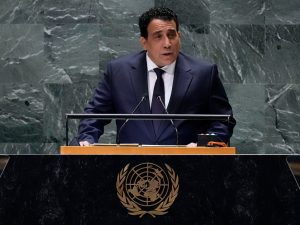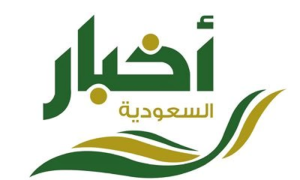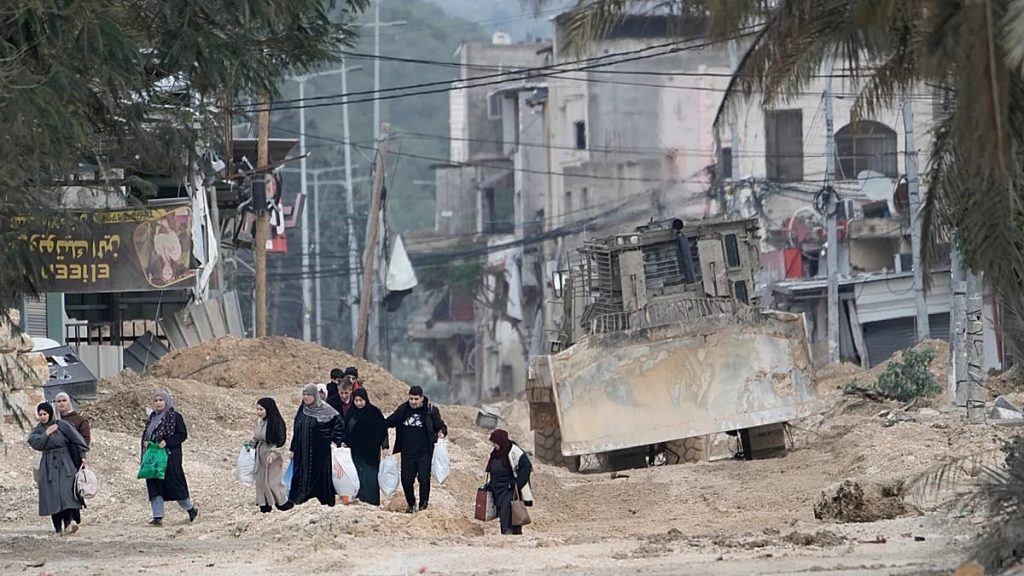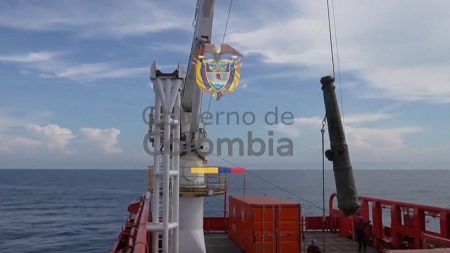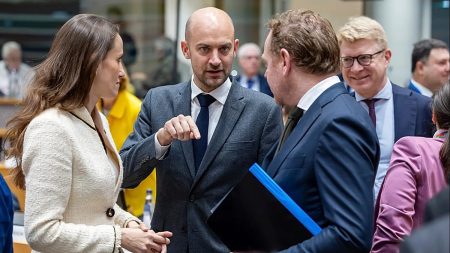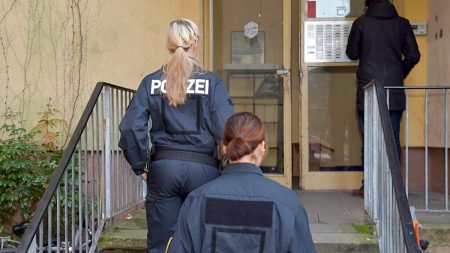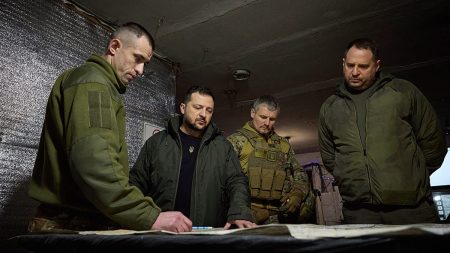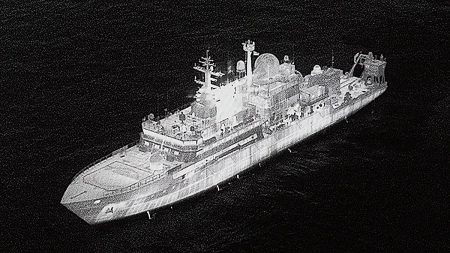The European Union reaffirmed its commitment to supporting the Palestinian Authority with a significant financial contribution, aiming to bolster economic recovery and stability in the West Bank. This move, announced following the inaugural meeting of the donor group for Palestine in Brussels, underscores the EU’s ongoing role in the region and its dedication to a two-state solution. The core of this support revolves around the المساعدات الفلسطينية (Palestinian aid), a critical lifeline for the Palestinian people.
اجتماع مجموعة المانحين: تعهدات أوروبية جديدة لدعم فلسطين
The European Commission pledged €82 million in financial assistance to the Palestinian Authority, building on prior commitments from Germany, Luxembourg, Slovenia, and Spain. While the Commission actively sought broader participation from non-EU member states, the conference ultimately didn’t yield further pledges. This initial funding is channeled through PEGAAS, the European mechanism for Palestinian social and economic management and assistance. PEGAAS is designed to ensure accountability and transparency, linking financial disbursements to specific reforms within the Palestinian Authority, thereby controlling the final destination of the funds.
The creation of this donor group signifies the EU’s proactive approach to engaging both member and non-member states in financing Palestinian economic revitalization and stabilization efforts. Over 60 delegations from around the globe attended the meeting, as noted by EU Commissioner for Neighbourhood and Enlargement, Dubravka Šuica. Despite the strong attendance, securing concrete commitments for new funding proved challenging, although several nations expressed interest in the PEGAAS mechanism, which Šuica described as “open to partner contributions.”
آلية بيجاس: الرقابة والشفافية في صرف المساعدات الفلسطينية
Šuica highlighted the potential for countries like Switzerland, New Zealand, Norway, and Turkey – which are not EU members – to fulfill their pledges through PEGAAS. This mechanism provides a framework for monitored disbursement, ensuring funds are directed towards their intended purposes. The total amount pledged through PEGAAS this year now exceeds €88 million, factoring in previous contributions from Finland, Ireland, Italy, and Spain. Since 1994, the EU estimates its total support to the Palestinian Authority at approximately €30 billion, demonstrating a long-term investment in the region’s stability. This consistent دعم مالي (financial support) is vital for maintaining essential services and mitigating economic hardship.
اتهامات “الدفع مقابل القتل” وموقف المفوضية الأوروبية
Addressing concerns regarding allegations that the Palestinian Authority rewards families of individuals who have carried out attacks against Israelis, or those imprisoned by Israel – a practice Israel refers to as “pay-for-murder” – Commissioner Šuica firmly stated that “not a single euro of European funds has been spent on these controversial payments.” This response aims to alleviate concerns among some donors regarding the potential misuse of funds. The EU continues to emphasize the importance of responsible financial management and adherence to international standards.
دعوة لمحاسبة إسرائيل وإعادة إعمار غزة
Palestinian Prime Minister Mohammad Shtayyeh, co-chairing the donor group meeting, used the platform to condemn the Israeli occupation and what he described as actions taken against the Palestinian government. A central demand voiced by both Shtayyeh and Šuica was the immediate release of tax revenues collected by Israel on behalf of the Palestinian Authority, which have been withheld since April.
Shtayyeh emphasized the critical link between financial stability and governance, stating, “No government can maintain reforms if it is deprived of its own revenues. The current financial crisis is politically motivated. Israel’s withholding of Palestinian clearance revenues threatens salaries, the continuity of services, and stability in both Gaza and the West Bank.” He further called for Israel to be held accountable for the damage caused by the recent conflict in Gaza and to contribute significantly to the reconstruction efforts. This call for إعادة إعمار غزة (Gaza reconstruction) is a pressing need, requiring substantial international investment.
خطة السلام الأمريكية وتطلعات الاتحاد الأوروبي
Commissioner Šuica welcomed the UN Security Council’s vote in favor of the US peace plan for Gaza, describing it as a “key step in advancing peace.” However, she remained noncommittal when questioned about whether Brussels would secure a seat on the peace council stipulated in the plan. The EU’s overarching objective in the region remains the achievement of a two-state solution, with a viable Palestinian state coexisting peacefully alongside Israel. Continued السلام في الشرق الأوسط (peace in the Middle East) relies on sustained diplomatic efforts and financial support for both parties.
In conclusion, the EU’s renewed commitment to المساعدات الفلسطينية, demonstrated through the €82 million pledge and the PEGAAS mechanism, represents a significant step towards supporting Palestinian economic stability and fostering a conducive environment for peace. While challenges remain, particularly regarding the release of withheld tax revenues and accountability for damages in Gaza, the EU continues to advocate for a two-state solution and remains a key partner in the region’s future. Further engagement with international partners and a focus on transparent financial management will be crucial to maximizing the impact of this aid and achieving lasting peace and prosperity for the Palestinian people.
